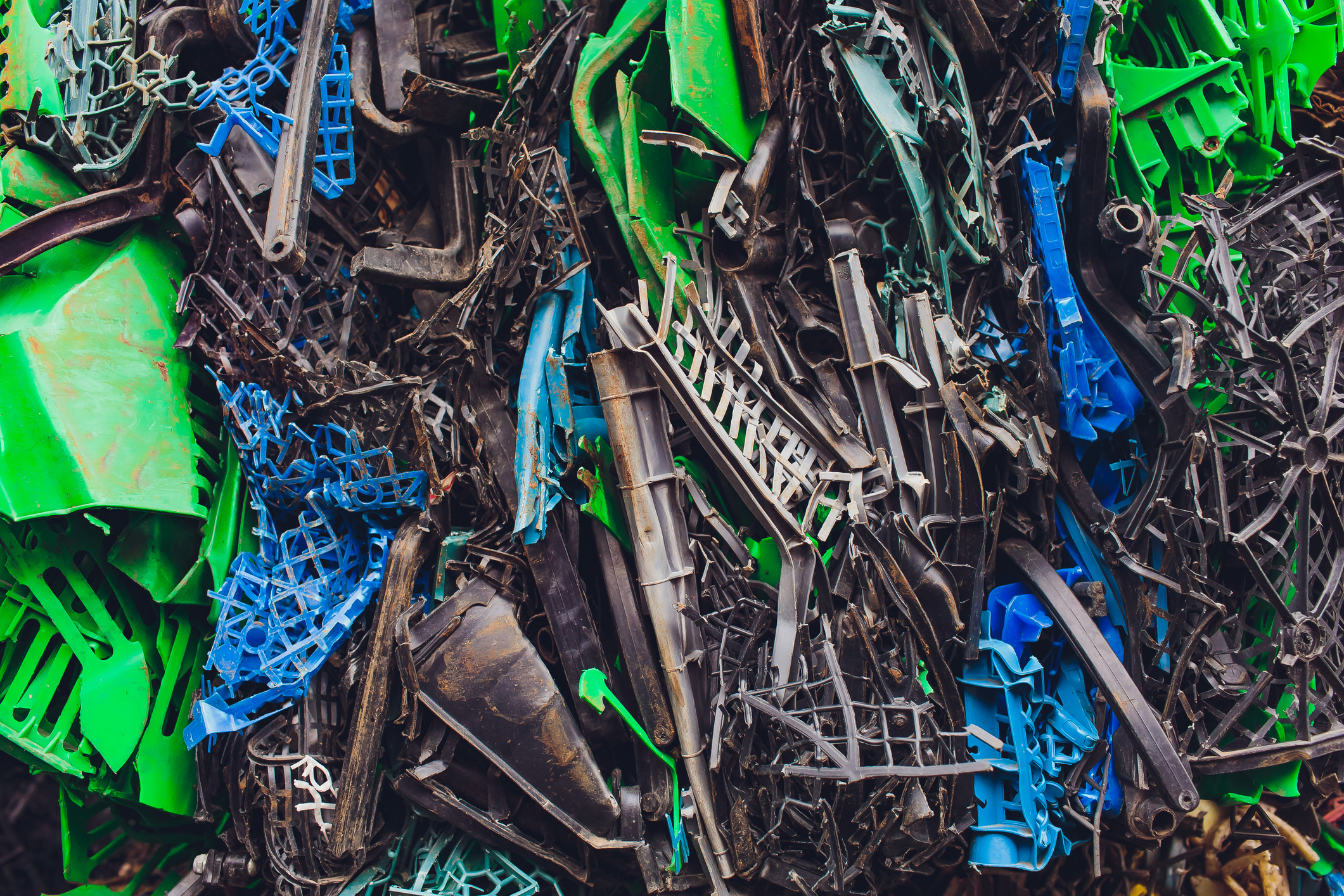Porsche, BASF and BEST Complete Breakthrough in Chemical Recycling of Automotive Waste

According to a joint announcement, Porsche AG, BASF SE and technology partner BEST – Bioenergy and Sustainable Technologies GmbH – have completed a pilot project that demonstrates how complex residues from end-of-life vehicles can be chemically recycled instead of incinerated. The trial showed that mixed plastics, foams, paint and films from automotive shredder residues (ASR), when combined with biomass, can be converted through high-temperature gasification into new raw materials for vehicle components.
The project partners reported that the process generated synthesis gas and derivatives, which substituted fossil feedstocks in BASF’s integrated value chain. Within this network, BASF applied a mass balance approach to produce polyurethane formulations used in steering wheel manufacturing. In addition, BEST highlighted that the gasification step yielded not only syngas but also synthetic crude oil (syncrude), opening new pathways for converting heterogeneous waste streams into valuable inputs.
Dr. Matthias Kuba, Area Manager Syngas Platform Technologies at BEST, noted that the trial represents the first time automotive waste and biomass were combined in a fully non-fossil gasification process. “This form of chemical recycling has great potential for converting complex, mixed waste streams into new, valuable raw materials. It thus represents a sensible alternative to waste incineration,” he said.
Porsche emphasized that the initiative reflects its ambition to boost the share of secondary raw materials in vehicles and to close resource loops. Dr. Robert Kallenberg, Head of Sustainability at Porsche, explained that such pilot projects allow the company to test new recycling technologies, access previously untapped recyclate sources and embed chemical recycling in its long-term sustainability strategy.
BASF also underlined the need for a broad spectrum of recycling technologies. Dr. Martin Jung, President of BASF’s Performance Materials division, stated that mechanical recycling remains a priority but must be complemented by chemical methods such as pyrolysis, depolymerization and gasification. “Only by using the right technology for the right waste stream and advancing them in parallel can we reduce landfill volumes and scale recycling effectively. Appropriate regulatory frameworks will be essential to support this development,” he added.
Industry observers note that these results align with the European Union’s Circular Economy Action Plan, which calls for higher recycled content in vehicles and strict limits on landfill use. Analysts suggest that chemical recycling could help reduce reliance on virgin plastics, lower greenhouse gas emissions and provide automakers with a stable supply of high-quality secondary materials.
According to the partners, the pilot illustrates how collaboration between automakers, chemical companies and technology providers can accelerate innovation in sustainable manufacturing. If expanded, gasification could become a central tool for addressing plastic waste and advancing resource efficiency in the automotive industry and beyond.
Source: BASF SE






